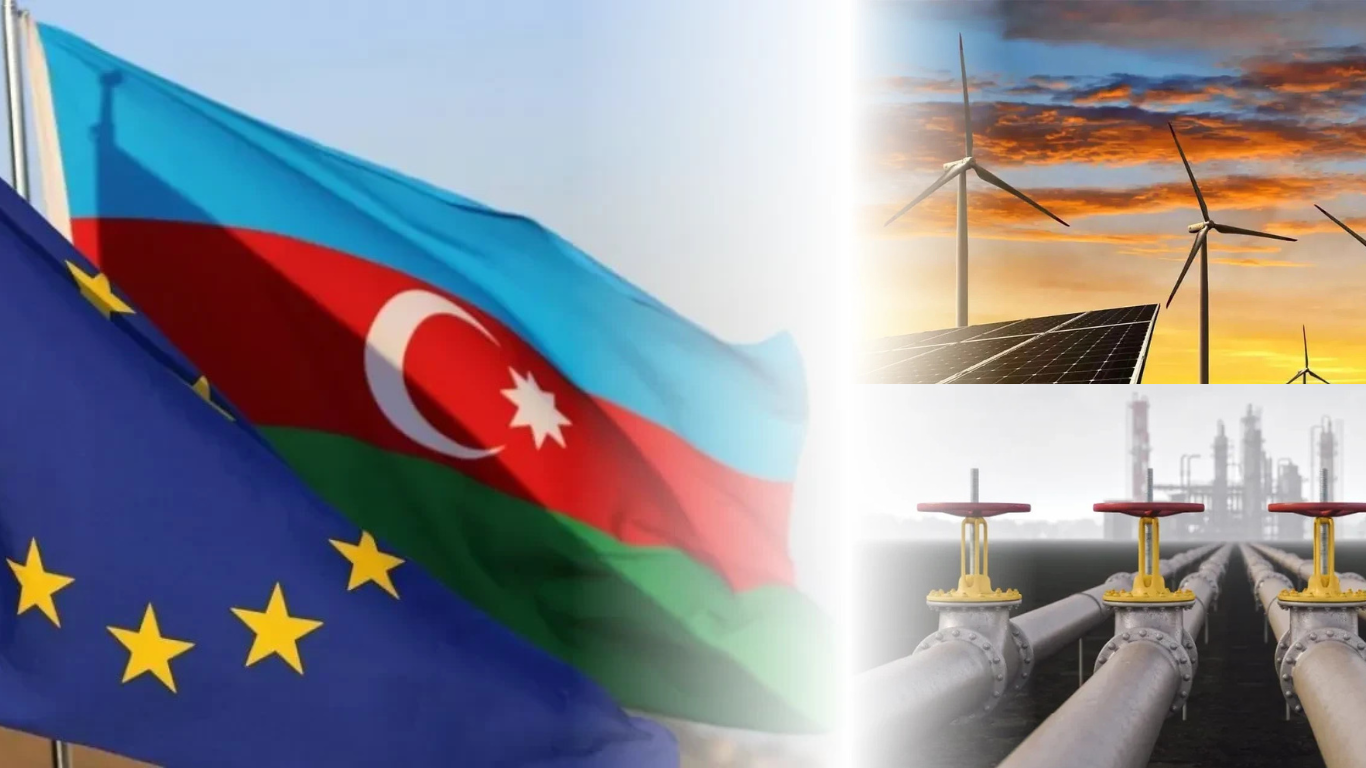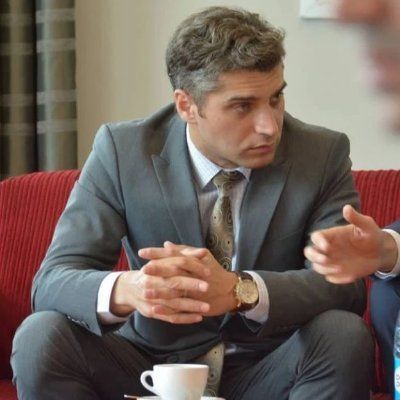Azerbaijan emerges as strategic pillar in EU’s energy and peace architecture

In a region once synonymous with conflict, Azerbaijan is charting a new course, one that blends pragmatic diplomacy, energy security, and forward-thinking climate leadership. Over the past five years, Baku has not only resolved a decades-long conflict on its own terms, but emerged as a stabilising force and strategic partner in both Eurasian and European affairs. Through unwavering political will and deep strategic diplomacy, she has steadily transformed the South Caucasus into one of the most stable regions in Eurasia. Over the past five years, Baku has taken decisive steps to consolidate peace, build resilience, and position itself as a trusted partner between East and West.
Following its swift and largely unilateral resolution of a decades-long conflict in the aftermath of the 2020 Second Garabagh War, Azerbaijan has emerged as a reliable and forward-looking actor in regional and global affairs. Its post-conflict diplomacy is not merely about reconstruction or internal development; it is a deliberate effort to reshape regional dynamics and attract responsible global partnerships.
This strategic depth was on full display during President Ilham Aliyev’s recent state visit to the People’s Republic of China. The bilateral meeting with President Xi Jinping and the signing of multiple cooperation agreements, including a joint declaration on a comprehensive strategic partnership, further amplified Azerbaijan’s regional and transregional relevance. The South Caucasus, long viewed through a lens of instability, is now seen as a vital corridor and crossroads of geostrategic significance.
The visit of EU High Representative Kaja Kallas to Baku this week underscored a diplomatic truth that’s been quietly unfolding: the European Union increasingly sees Azerbaijan not just as a supplier of gas, but as a geopolitical partner whose importance spans energy, security, and sustainability. It is a clear recognition of Azerbaijan’s growing geopolitical weight and diplomatic maturity. Her meeting with President Aliyev and remarks during the joint press conference signal a pivotal shift in EU-Azerbaijan relations, one that opens a new chapter in bilateral cooperation.
The European Union no longer views Azerbaijan through outdated stereotypes or singular frames. Instead, it acknowledges the country’s expanding strategic role, particularly in the normalisation of Armenia-Azerbaijan relations. Notably, the EU increasingly perceives this issue as one approaching resolution — a recognition that reflects the effectiveness of bilateral negotiations and diminishes the relevance of external mediation.
Crucially, the EU now openly supports Azerbaijan’s role in securing peace and prosperity in the region. Kallas’s visit is further proof of Europe’s recognition of Azerbaijan’s indispensable contributions to continental energy security. As the leading supplier of natural gas to over 10 European countries, Azerbaijan ranks first in terms of geographic diversification of supply sources — a fact that underscores its centrality in Europe’s energy architecture.
But beyond hydrocarbons, a deeper and greener partnership is unfolding. Azerbaijan’s upcoming presidency of COP29 places it at the heart of global climate governance. Both Baku and Brussels have a shared interest in expanding cooperation on renewable energy, green hydrogen, smart grid infrastructure, and carbon-neutral development strategies.
European investment in Azerbaijan’s green transformation, particularly in the Garabagh and Eastern Zangazur regions, designated as “green energy zones”, has the potential to redefine the energy transition in the broader Caspian and Black Sea regions. Projects involving offshore wind, solar power, and electricity interconnectors, including the landmark Black Sea cable project, are strategic multipliers for both sides.
In this light, Azerbaijan is not merely a supplier of energy, but a partner in sustainability. It is a nation capable of shaping the region’s green future and Europe’s clean energy transition — all while maintaining regional stability and resisting external interference.
As Azerbaijan and the EU move forward with negotiations on a new Partnership and Cooperation Agreement, this relationship is no longer transactional. It is transformational. The convergence of strategic, economic, and environmental interests promises a new era of cooperation — one based on mutual respect, shared values, and a clear-eyed recognition of global realities.
In a rapidly changing geopolitical landscape, the EU must leave behind past misunderstandings and embrace a future of pragmatic engagement. Azerbaijan has demonstrated that it is ready, not just to talk peace, but to build it; not just to extract energy, but to innovate it. The question now is whether Brussels is ready to match that vision with equal resolve.
Here we are to serve you with news right now. It does not cost much, but worth your attention.
Choose to support open, independent, quality journalism and subscribe on a monthly basis.
By subscribing to our online newspaper, you can have full digital access to all news, analysis, and much more.
You can also follow AzerNEWS on Twitter @AzerNewsAz or Facebook @AzerNewsNewspaper
Thank you!

